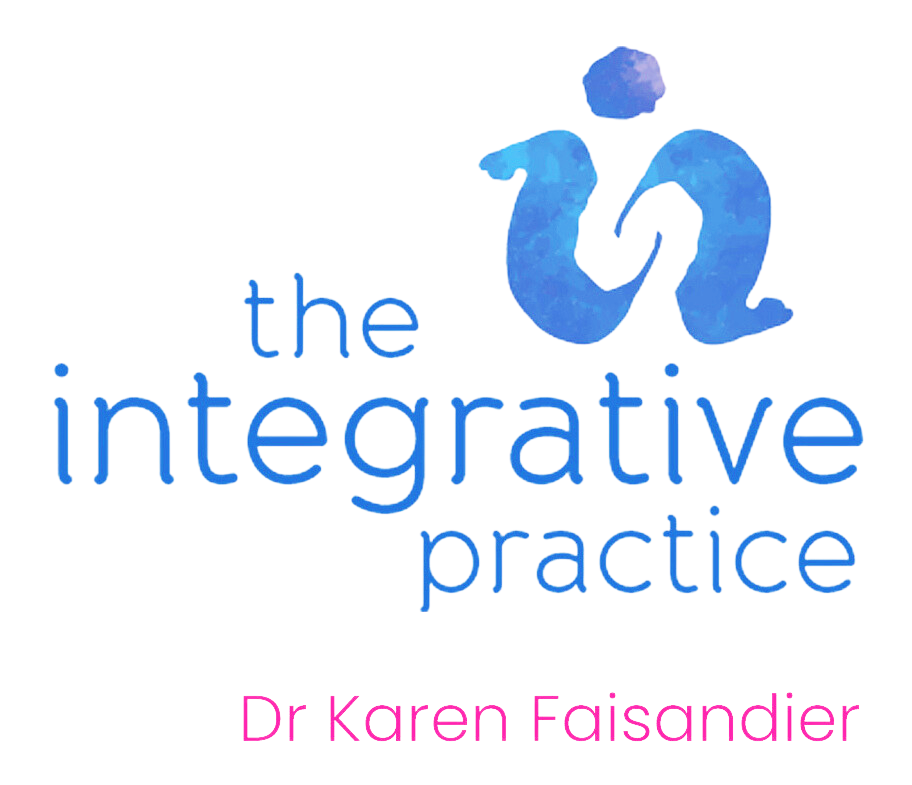Zinc: A Wonder Mineral for Mental Heath?
If you have anxiety, depression or even a poor tolerance for stress and you haven’t tried supplementing with zinc, this may be an important intervention to test.
Zinc is an essential mineral that we need to ingest regularly and that is depleted during episodes of chronic stress or illness. It’s of vital importance in regions of the brain associated with stress, anxiety and depression including the hippocampus, amygdala and cerebral cortex, and inadequate zinc status is found to be prevalent among people with depression. There are also various epigenetic contributions that may mean some people have a higher need for dietary zinc than others, which is likely influenced by the degree of stress in the environment.
Zinc for mental wellbeing:
acts as a natural anti-inflammatory and anti-depressant
can potentiate the effectiveness of taking an SSRI antidepressant medication
enables the growth of Brain-Derived Neurotrophic factor (BDNF) in the hippocampus (the brain's memory centre) to support nerve repair
helps heal the gut lining and cellular barrier permeability (applicable to both the gut and brain barriers)
helps to absorb all the rest of the nutrients from your diet
mitigates oxidative stress - the bodily wear and tear of modern living
offers immune support through the prevention of common infections and may shorten the duration of illness
There are many physical and psychological indicators of zinc inadequacy or deficiency. There is also the option of testing biomarkers for zinc such as blood serum or plasma levels however the interpretation of these is not always straightforward and may not represent optimal levels within the brain.
People with a need for greater levels of zinc may report all or some of the following:
White spots on fingernails
Frequent illnesses (colds and flu)
Heavy or painful periods and PMS
Depression
Emotional regulation concerns
Irritability
Anxiety - especially socially-based anxiety
Cravings and addiction
Feeling chronically stressed or overwhelmed
Memory and concentration problems
Family history of addiction, violent or verbal abuse, angry outbursts
Loss of morning appetite/nausea
Nutritional psychiatry researchers have explored zinc as a treatment for mental health concerns like depression, such as in this 2013 meta-analysis. Research tends to find zinc positively impacts mood and also that it may potentiate the effectiveness of antidepressant medication. One recent topic of investigation has been whether the combination of zinc + antidepressant or zinc alone is superior as an intervention for depression, and supports that zinc alone has a large treatment effect for mild to moderate depression.
How to use zinc as a mental health intervention:
Dietary zinc:
Zinc is abundant in animal foods especially shellfish, red meats, and organ meats. Therefore those consuming a vegan, vegetarian or ultra-processed diet may like to keep a close eye on zinc levels and consider supplementation if required. Zinc uptake can also be impaired by certain medications, gut health problems, alcohol and caffeine intake, chronic stress and genetic differences so many people will do better by taking supplementary zinc if these situations apply.
Supplemental zinc:
A safe therapeutic dose of supplemental zinc is 15 - 30mg per day. The upper tolerable limit of total zinc (dietary and supplemental) in adults is 40mg per day. High levels of zinc over the longer term may throw out the copper/zinc ratio (these minerals are interrelated) so taking high doses (e.g., 30mg) over the long term without clinical monitoring is not recommended.
If you'd like to trial zinc as a mental health intervention we’d suggest taking 25-30mg of zinc citrate, bis-glycinate or picolinate (some people find one of these types works superiorly for them). Always take zinc after a meal at either breakfast or lunch - it can cause nausea on an empty stomach and some find it too stimulating to take in the evening.
Give it time to build up and notice what improves or changes, or any possible undesired effects. Some people do well on safe levels of supplementary zinc long term, while others may find that supplementing during episodes of stress, depression or illness will be enough to support their optimal health and mental well-being.
There is no magic wand when it comes to taking nutritional supplements for mental health. While it can be wondrous in its effects for some people, zinc is not the solution for all. However, if you relate to any low zinc symptoms and haven't tried it yet - whether you are using an SSRI medication or not - consider increasing your consumption of zinc via food sources or safely supplementing. The potential benefits to mental and physical well-being are well worth exploring.
To keep learning about nutrients and your own mental health check out our Health Detective Course which is based on our clinical protocols and experience.
